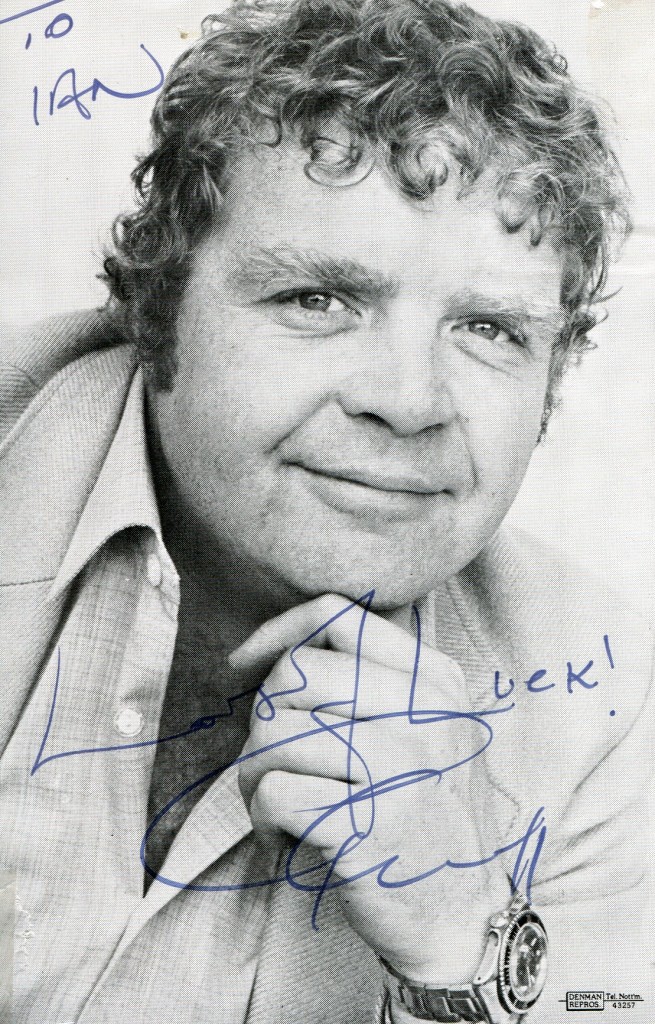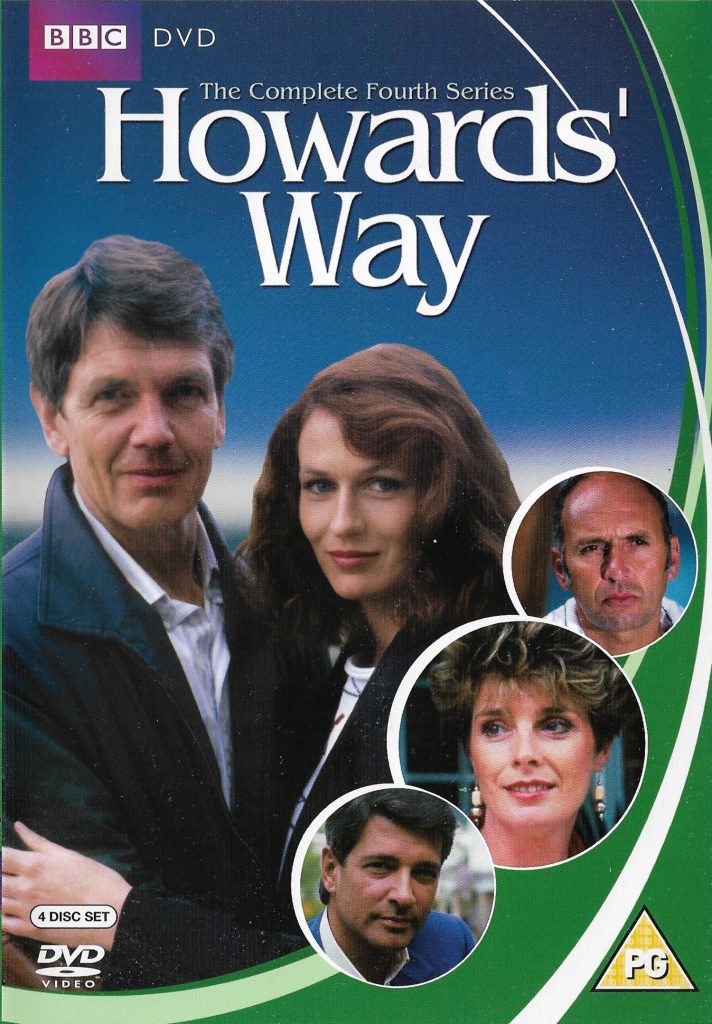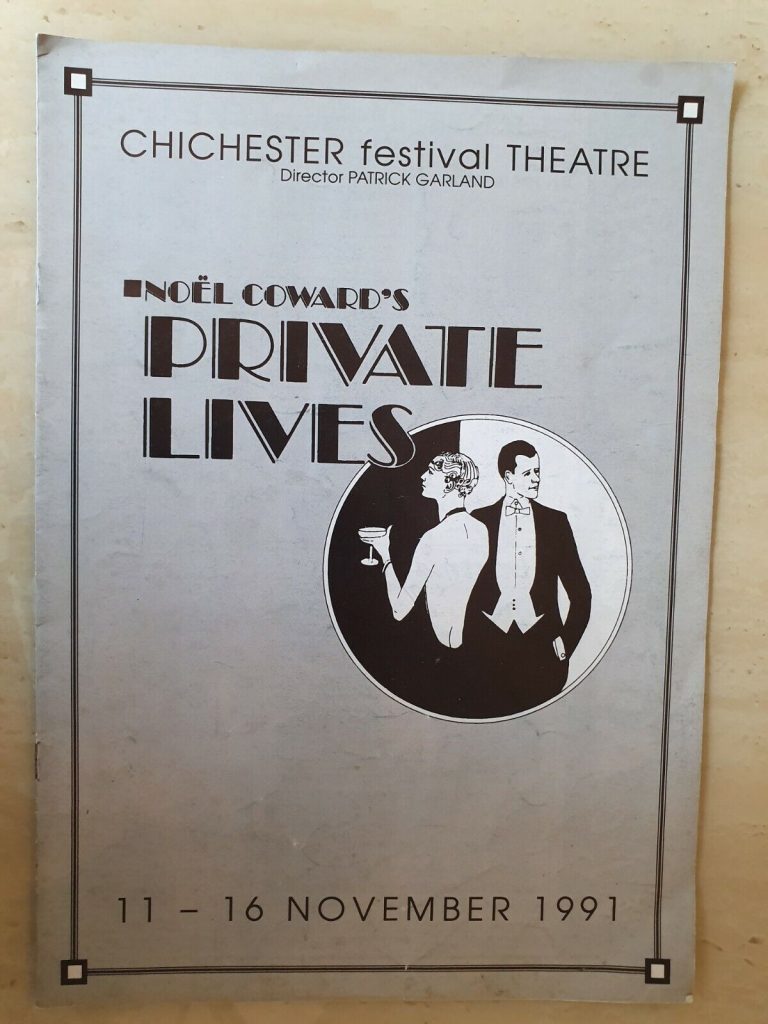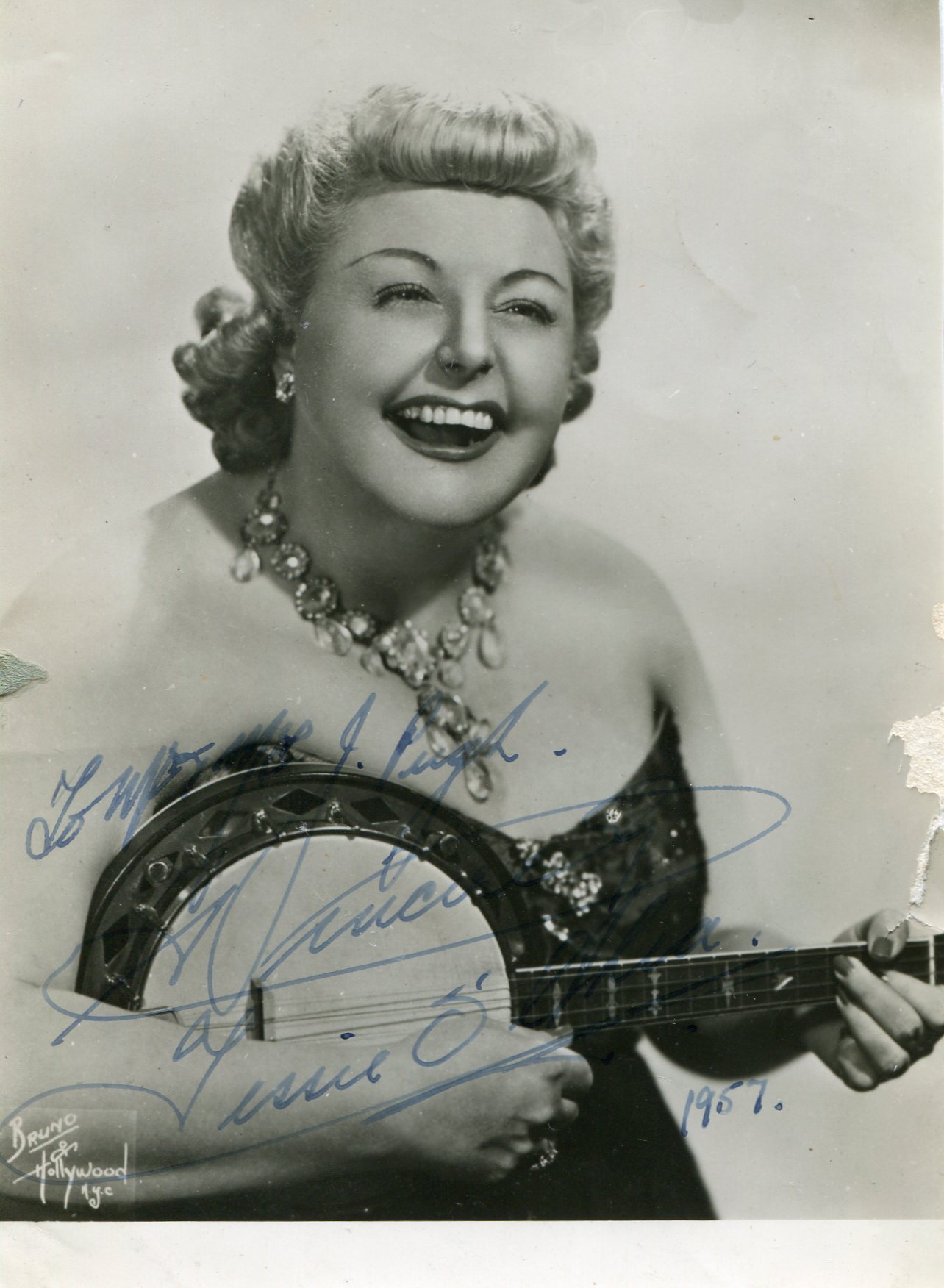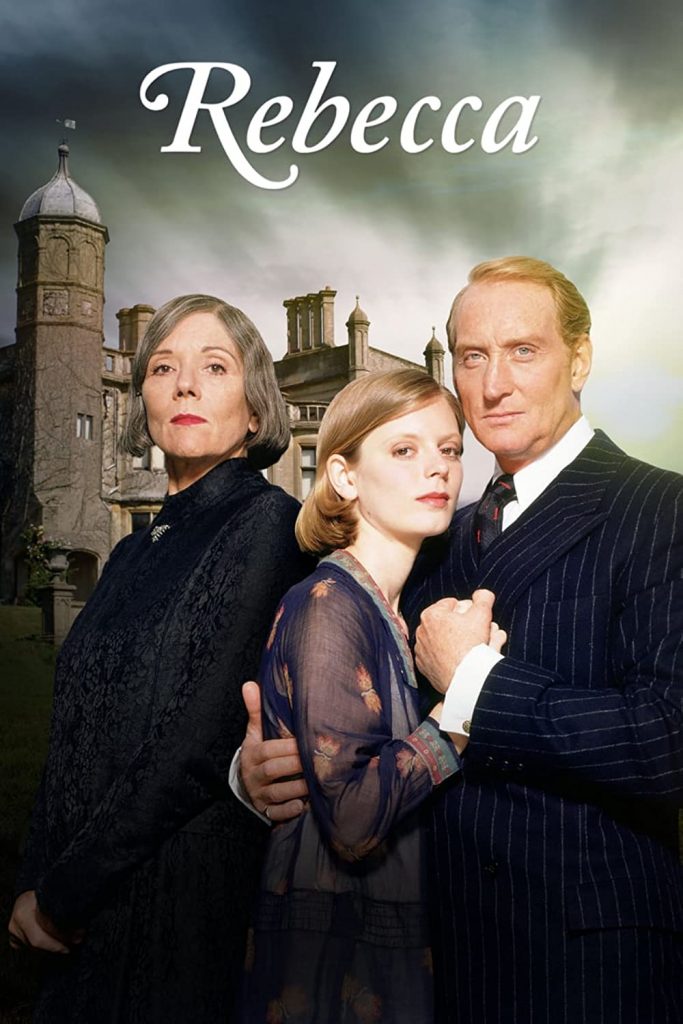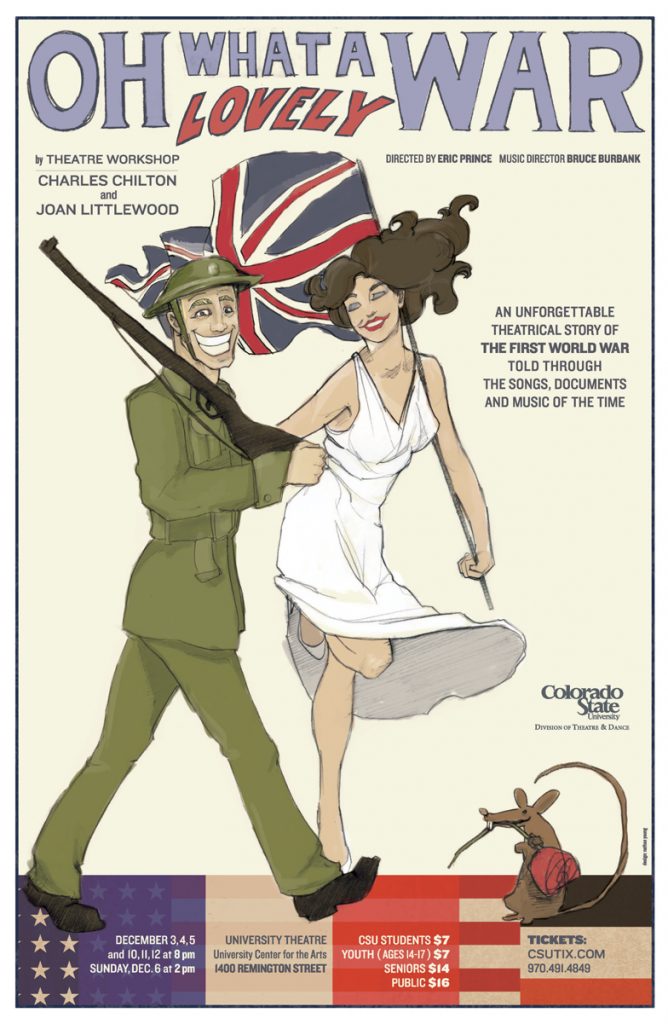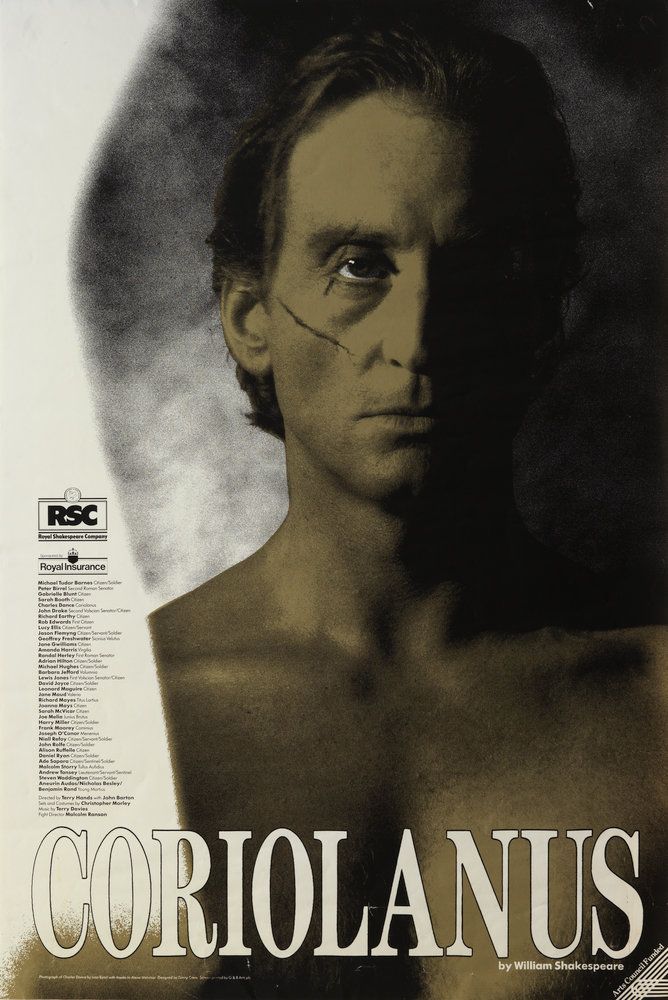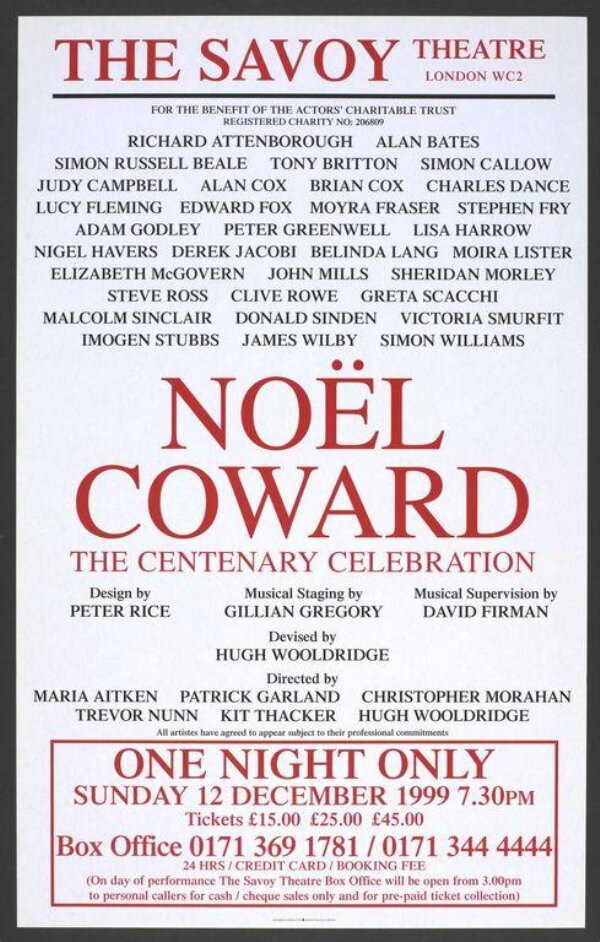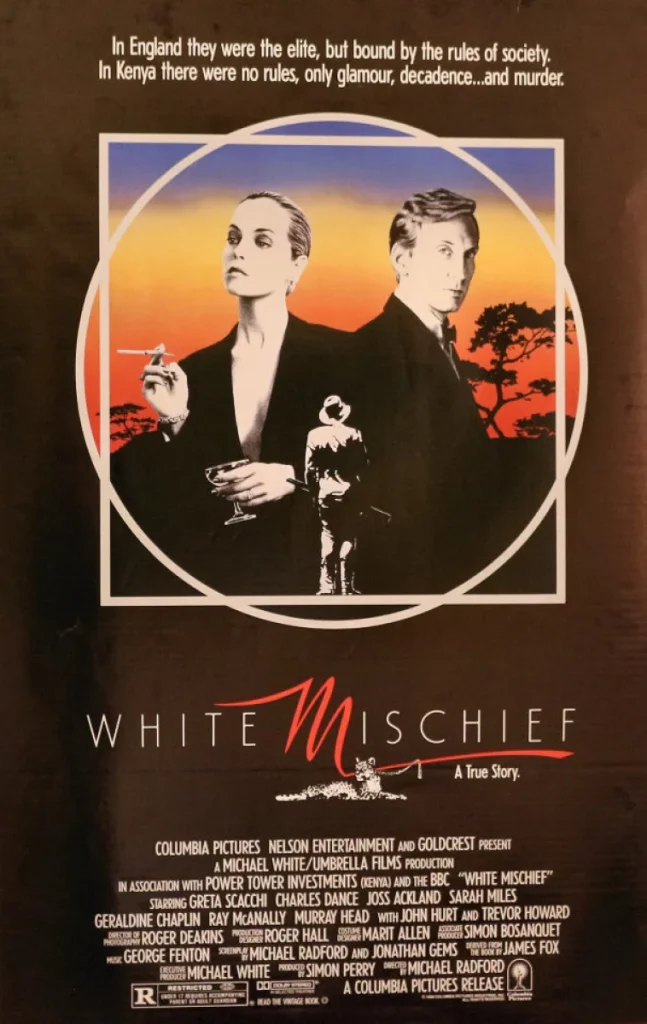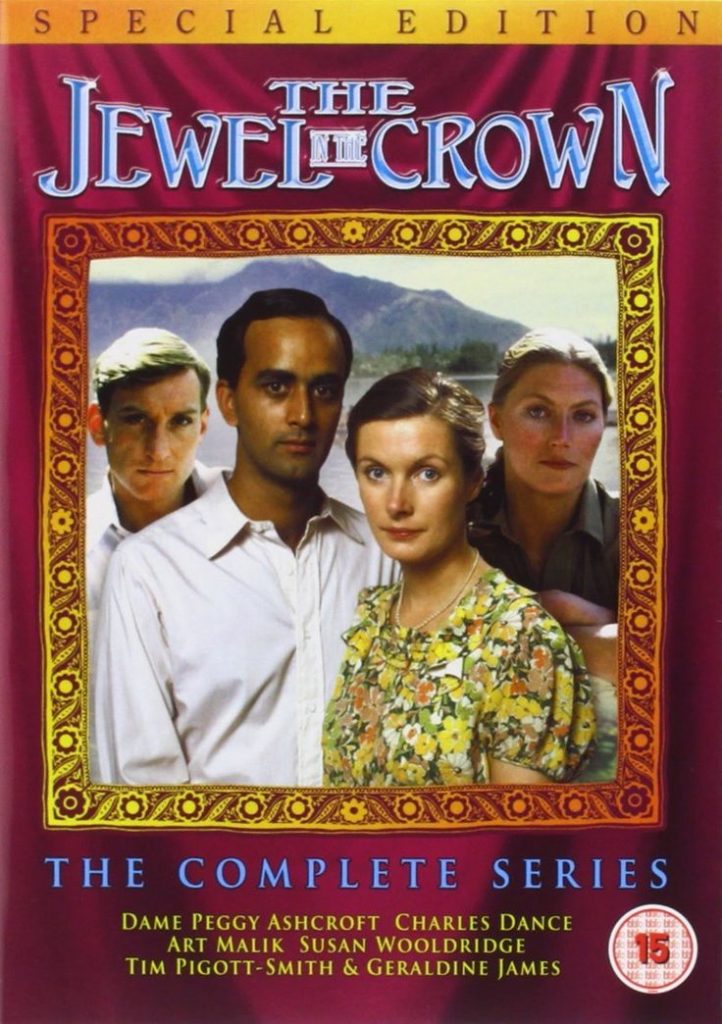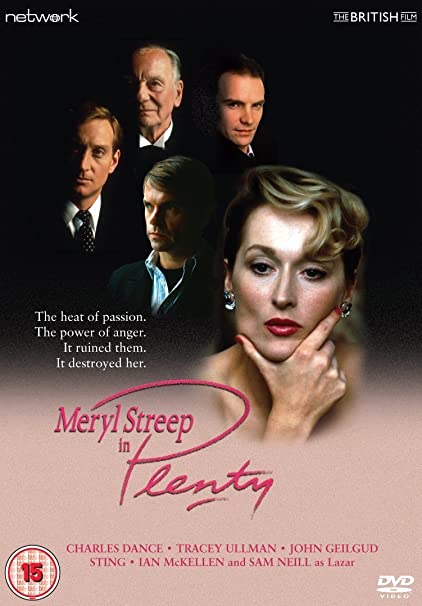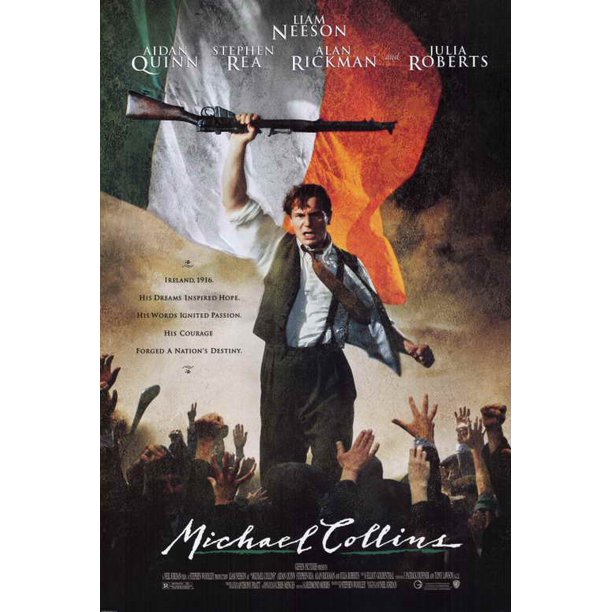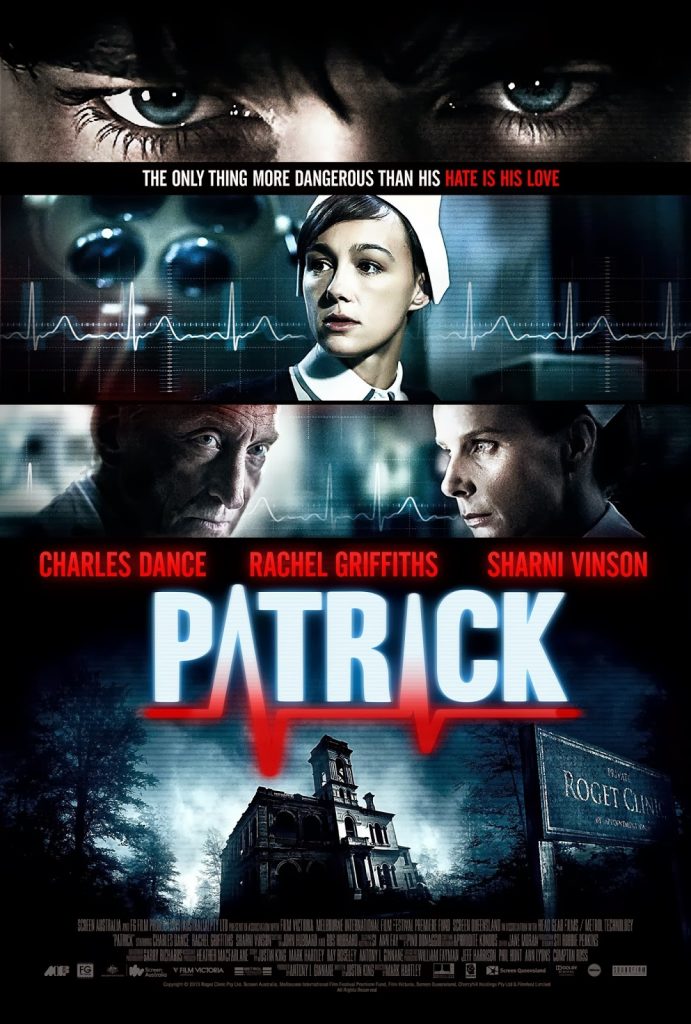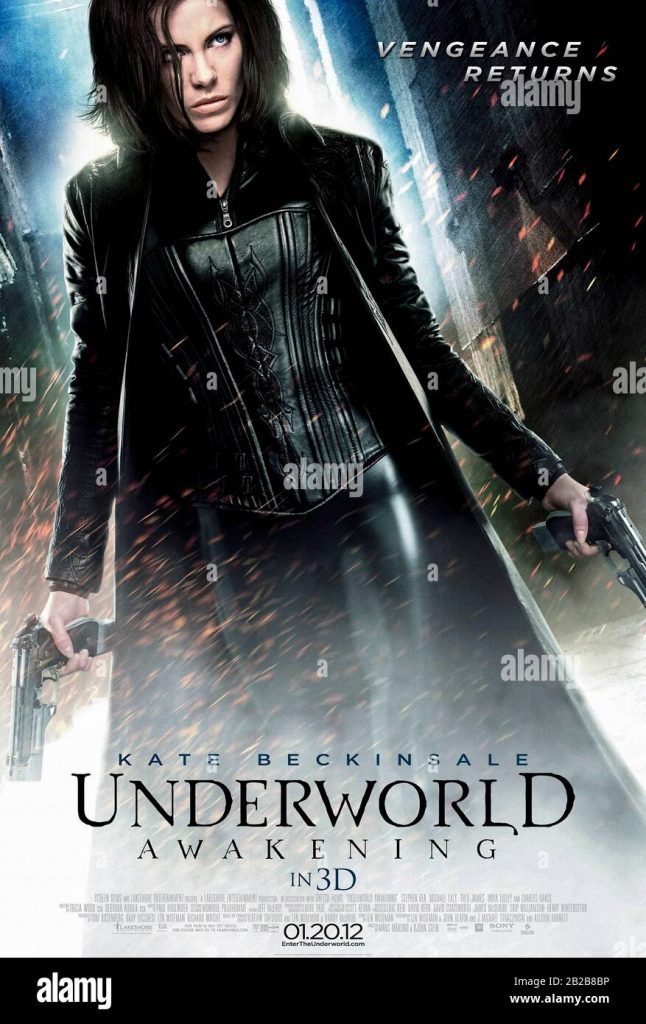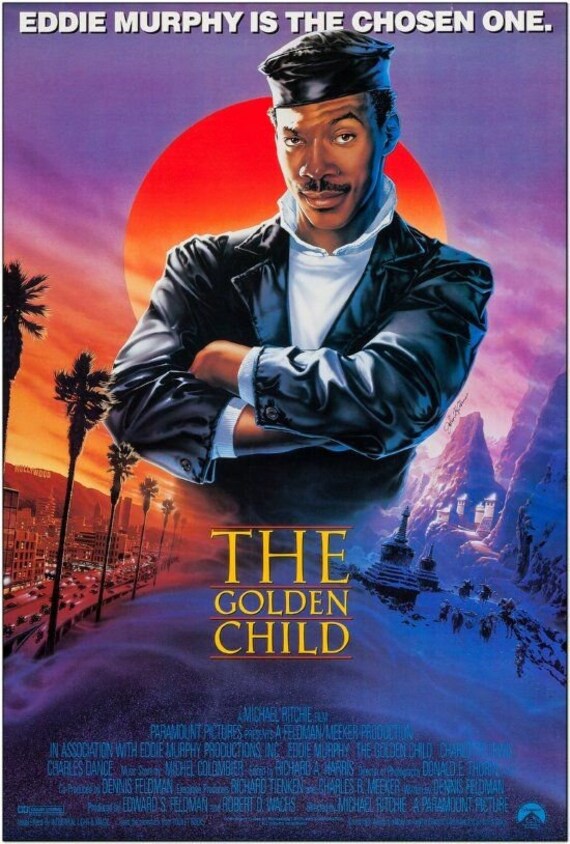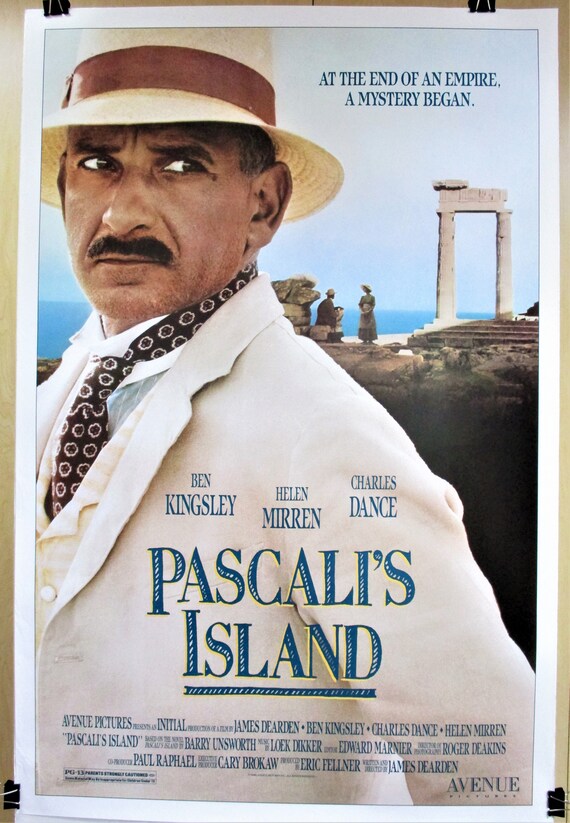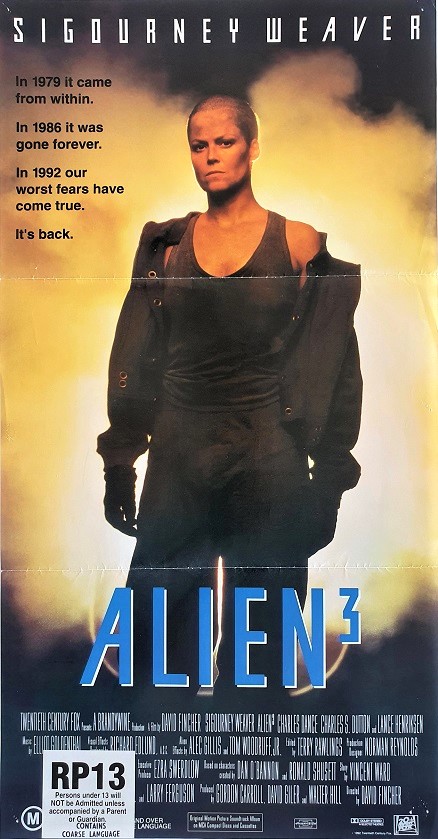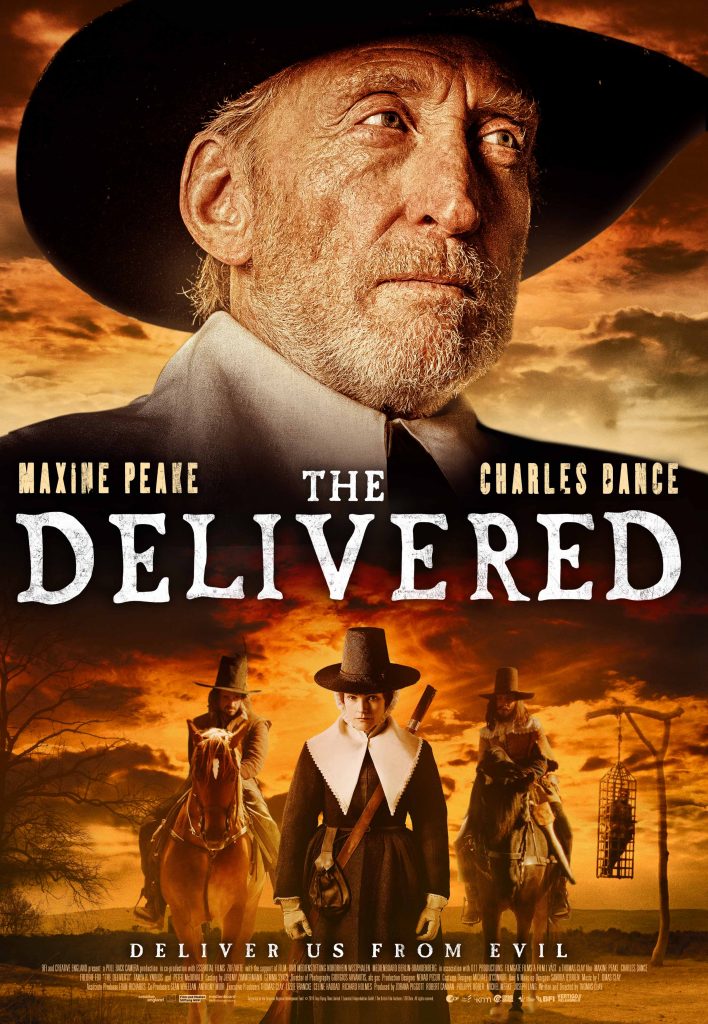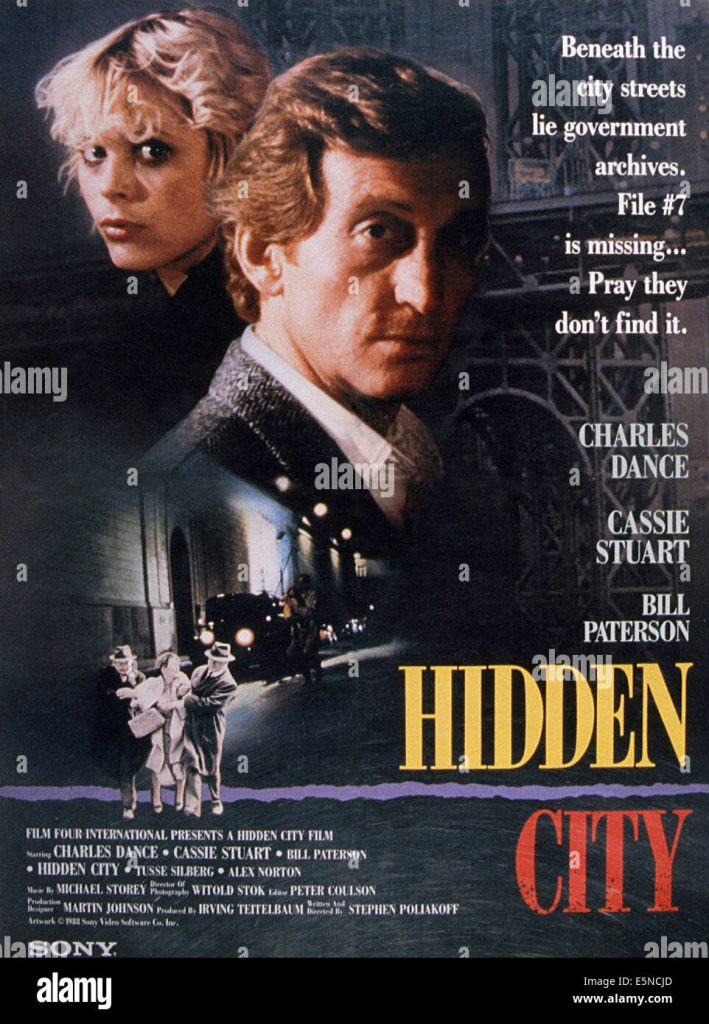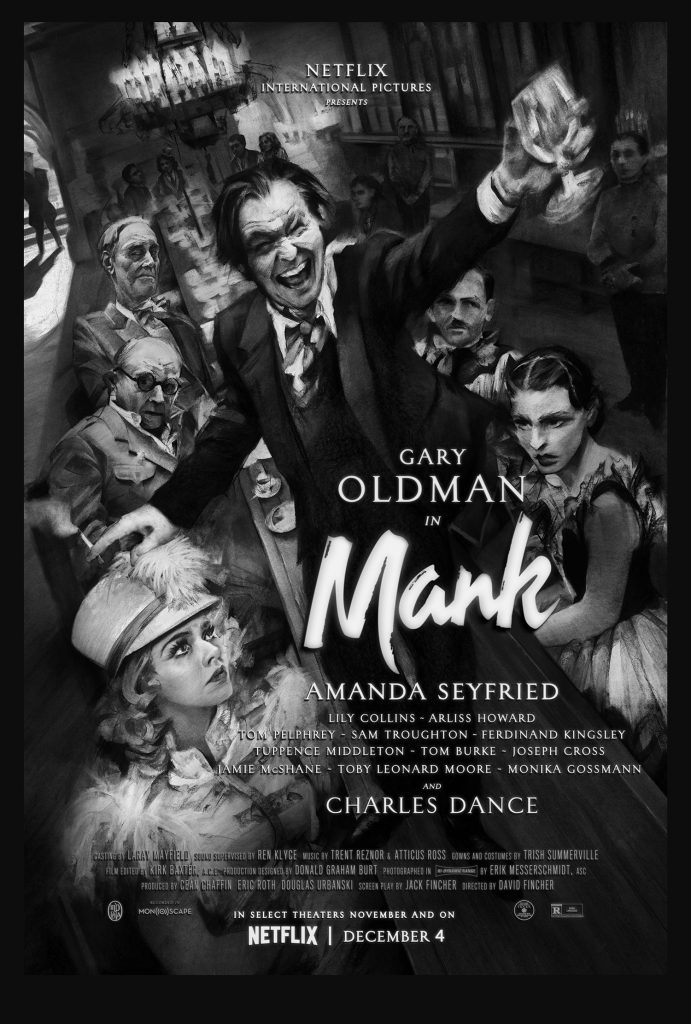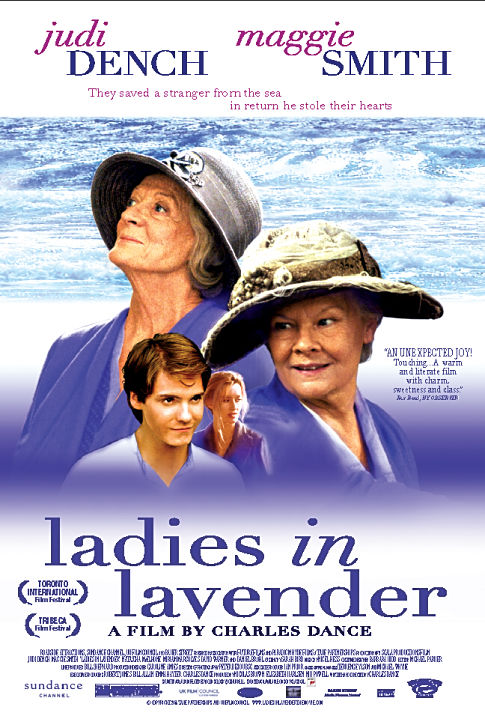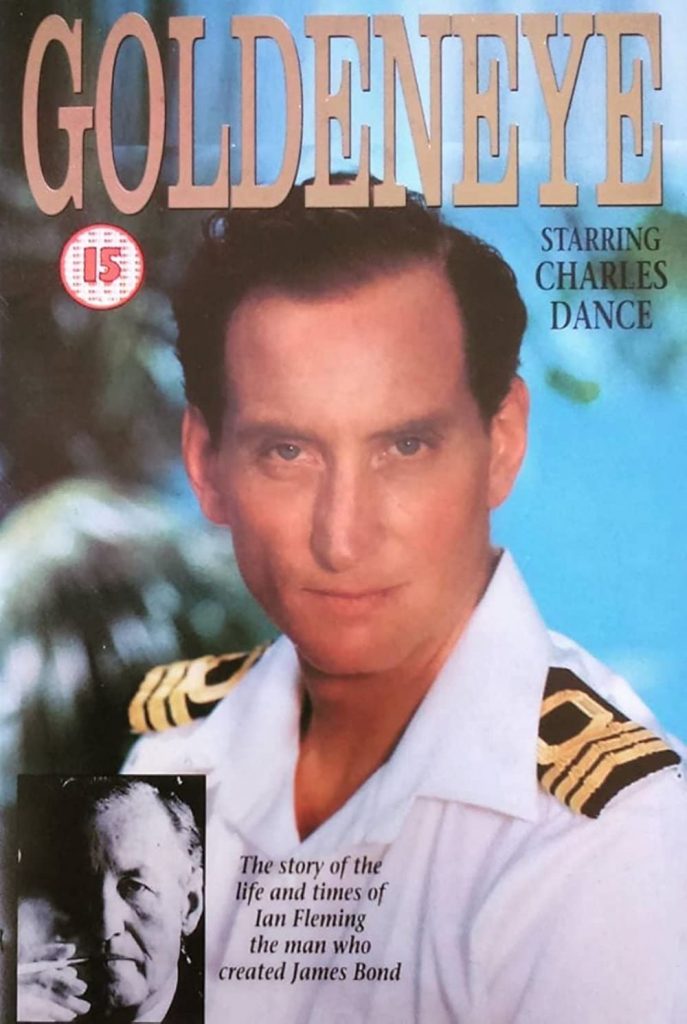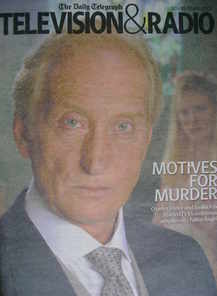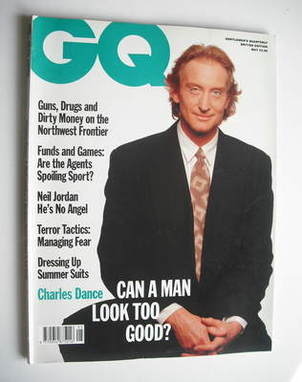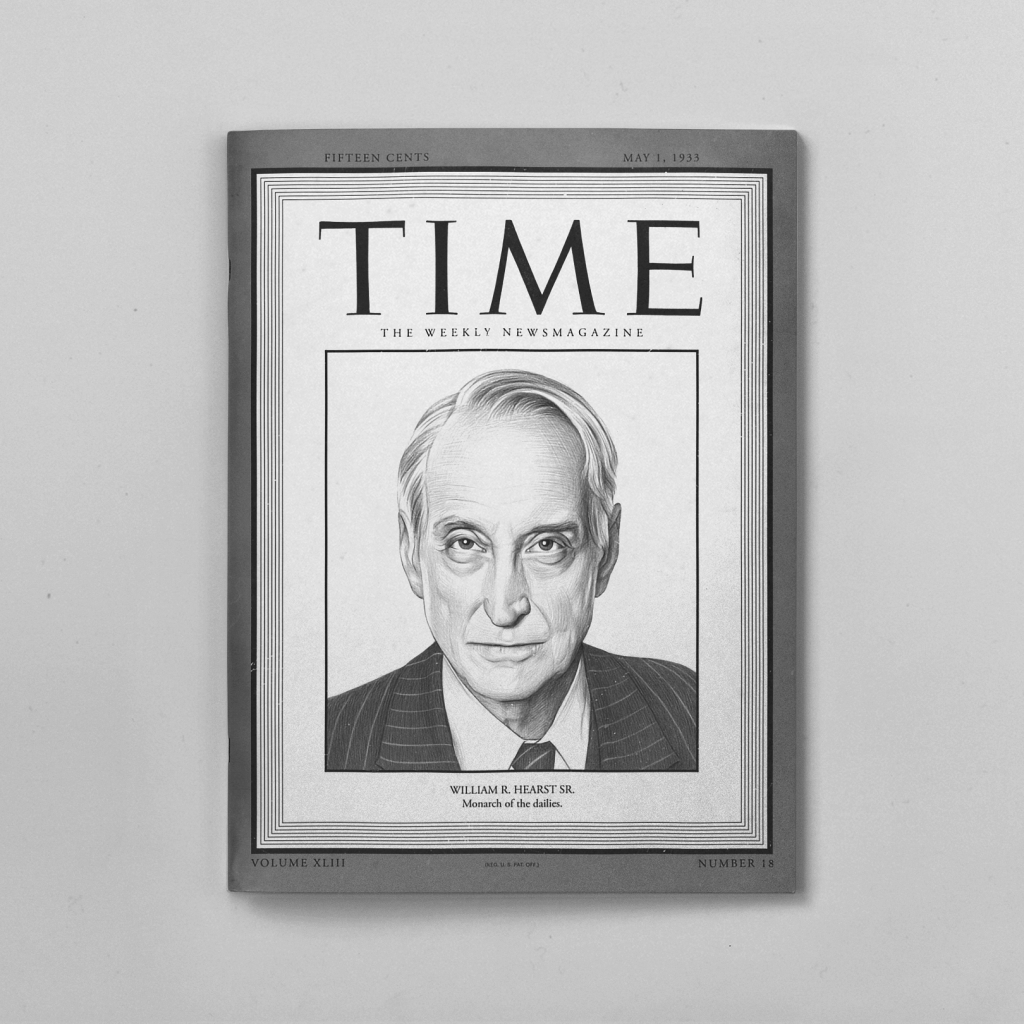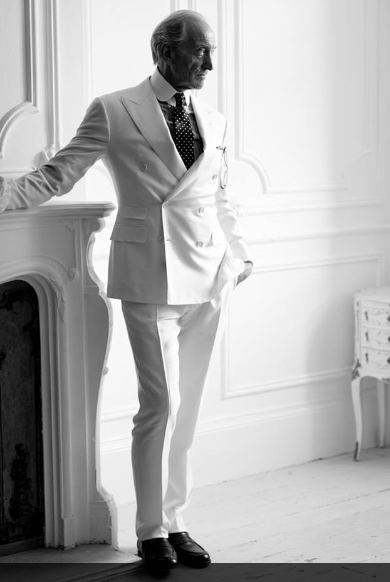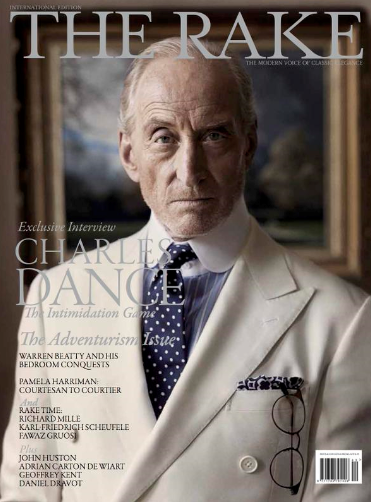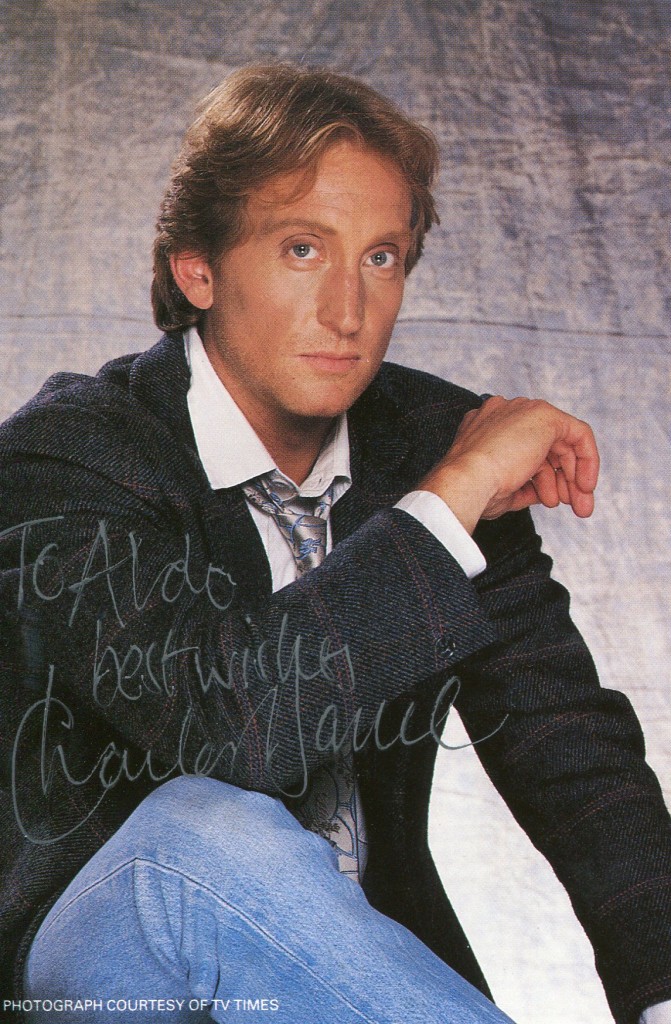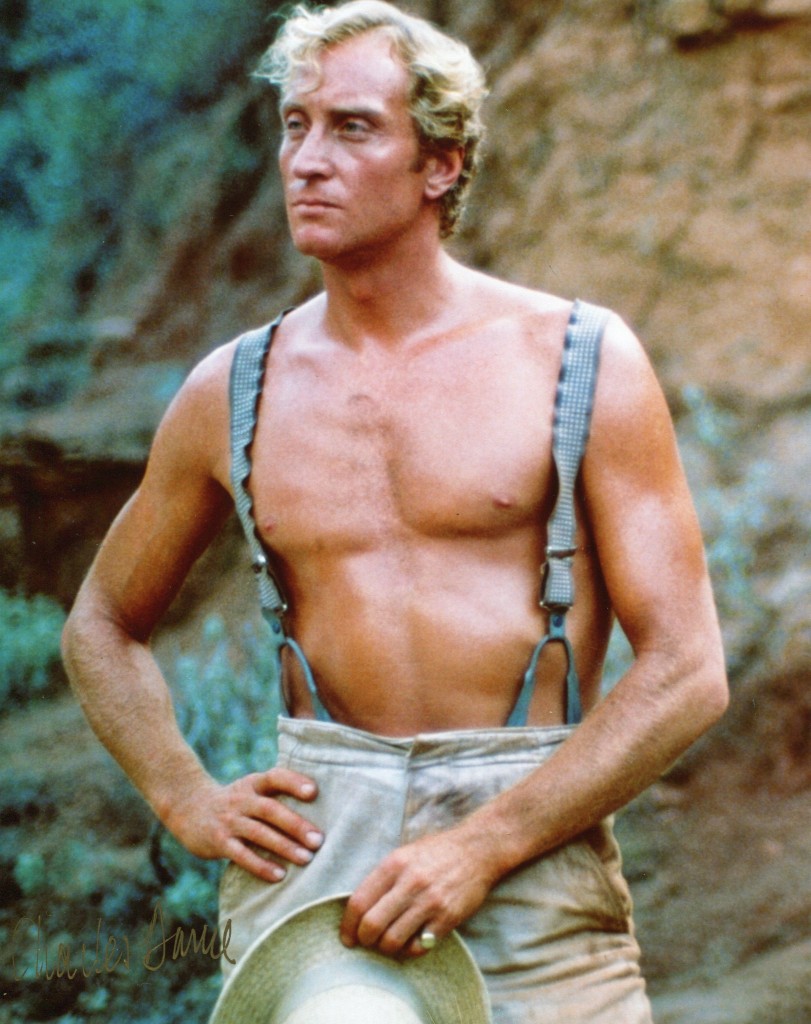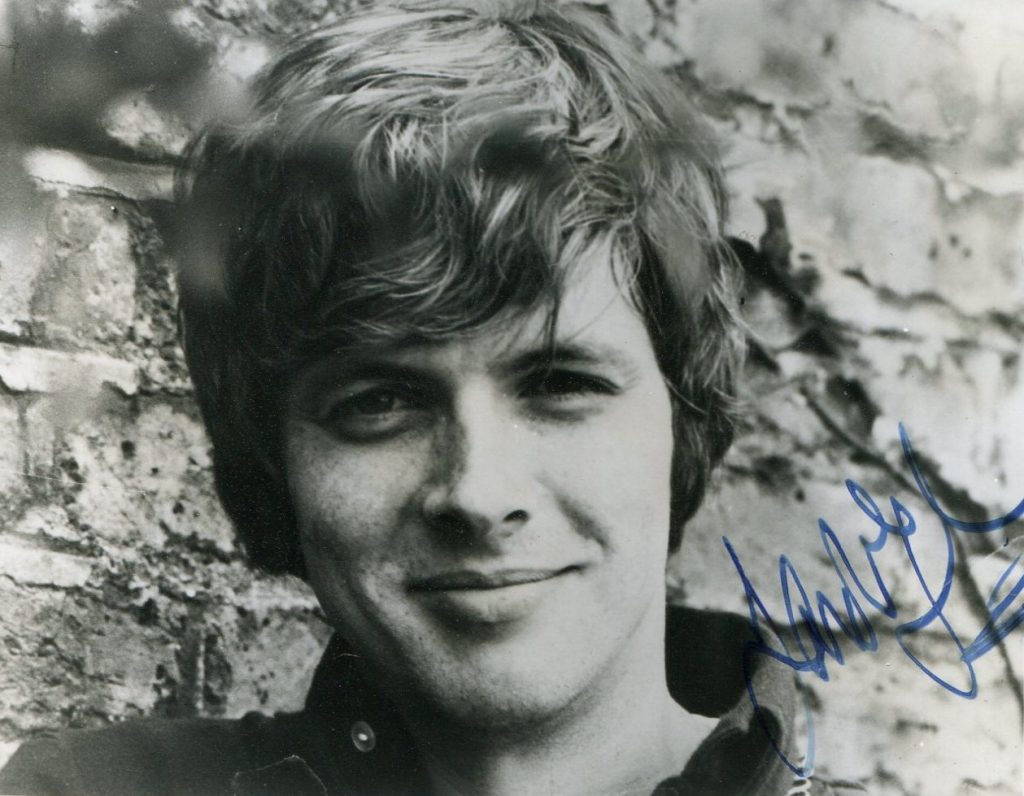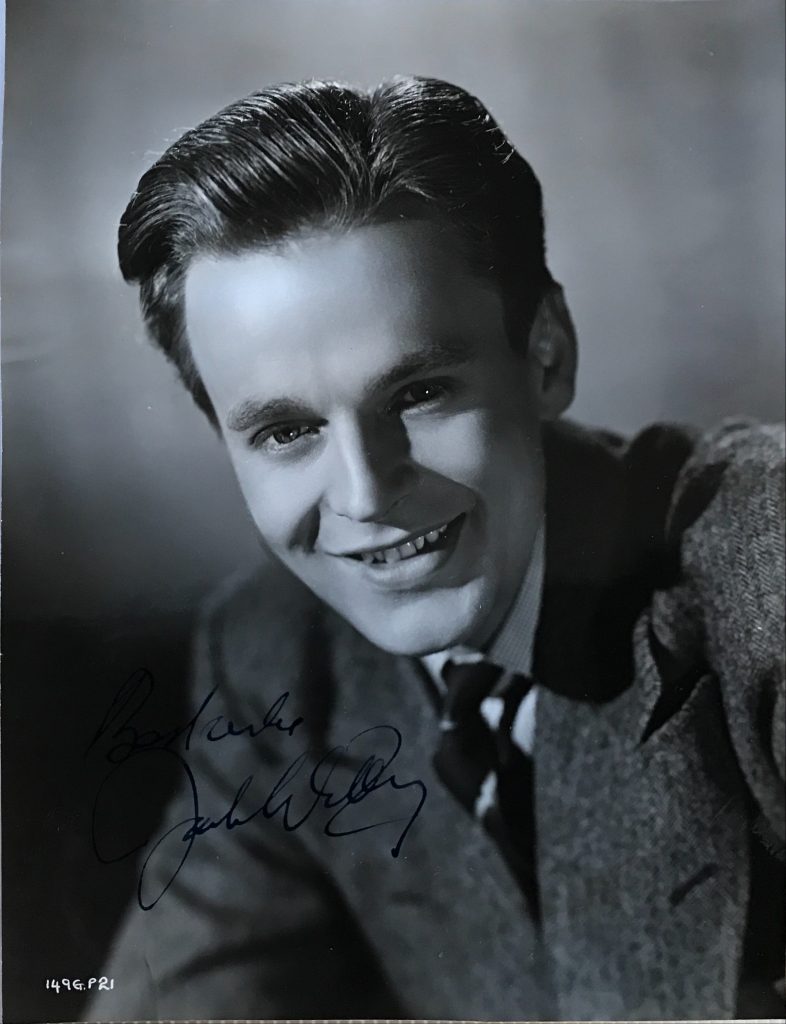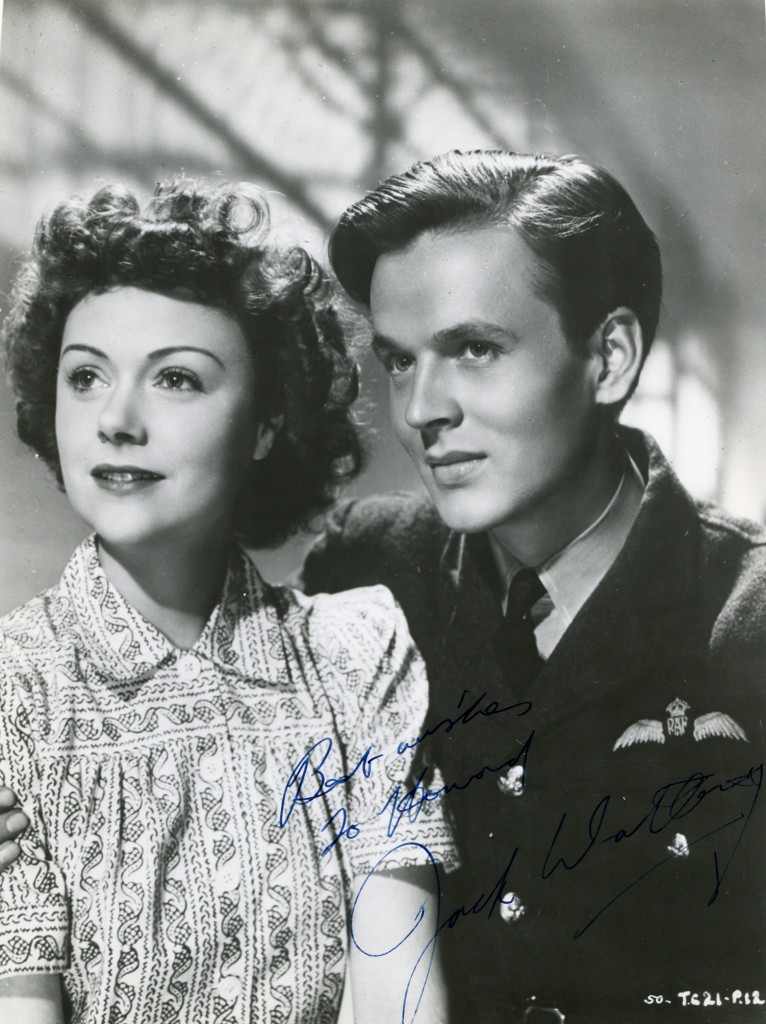

Geraldine James was born in Maidenhead outside London in 1950. She is one of Britain’s most proflic stage and television actresses. She first came to public attention for her role in “The Jewel in the Crown” in 1984 as Sarah Layton. Her films include “Gandhi” in 1982, “Calendar Girls” in 2003 and the forthcoming “The Girl With the Dragon Tattoo”.
TCM Overview:
This softly attractive brunette is best known to British and American TV viewers as Sarah Layton in the miniseries “The Jewel in the Crown” (1984) to filmgoers as Mirabehn, the fanatical western follower of “Gandhi” (1982) and to theatergoers as Portia opposite Dustin Hoffman in the London and Broadway (1989-90) production of “The Merchant of Venice.” Geraldine James has kept a low profile to American audiences, but has had an active career in her native England, on stage and in film and television. She first won notice on the London stage as Dr. Von Zandt in the 1979 production of “The Passion of Dracula.” She played Jessica in a heralded Coventry production of “The Merchant of Venice” a decade before playing Portia opposite Hoffman.
James’ career was enhanced by playing opposite Dame Peggy Ashcroft in “She’s Been Away” (1989), for which they were both cited as Best Actress at the Venice Film Festival. More international notice has come with TV roles including the moderately successful comedy “Blott on the Landscape” (1986), in which she was a woman trying to save her family’s estate, as the beloved teacher in the 1989 miniseries “Echoes” and as Nora’s friend Kristina in “A Doll’s House” (1992). James was also seen in the 1995 HBO miniseries “Band of Gold,” a thriller in which prostitutes were being hunted by a serial killer. She also gained notice for her turn as a courtesan in Pen Densham’s “Moll Flanders” (1996), starring Robin Wright.
Geraldine James. TCM Overview.
Geraldine James was born in Maidenhead outside London in 1950. She is one of Britain’s most proflic stage and television actresses. She first came to public attention for her role in “The Jewel in the Crown” in 1984 as Sarah Layton. Her films include “Gandhi” in 1982, “Calendar Girls” in 2003 and the forthcoming “The Girl With the Dragon Tattoo”
Geraldine James was born in Maidenhead outside London in 1950. She is one of Britain’s most proflic stage and television actresses. She first came to public attention for her role in “The Jewel in the Crown” in 1984 as Sarah Layton. Her films include “Gandhi” in 1982, “Calendar Girls” in 2003 and the forthcoming “The Girl With the Dragon Tattoo”.

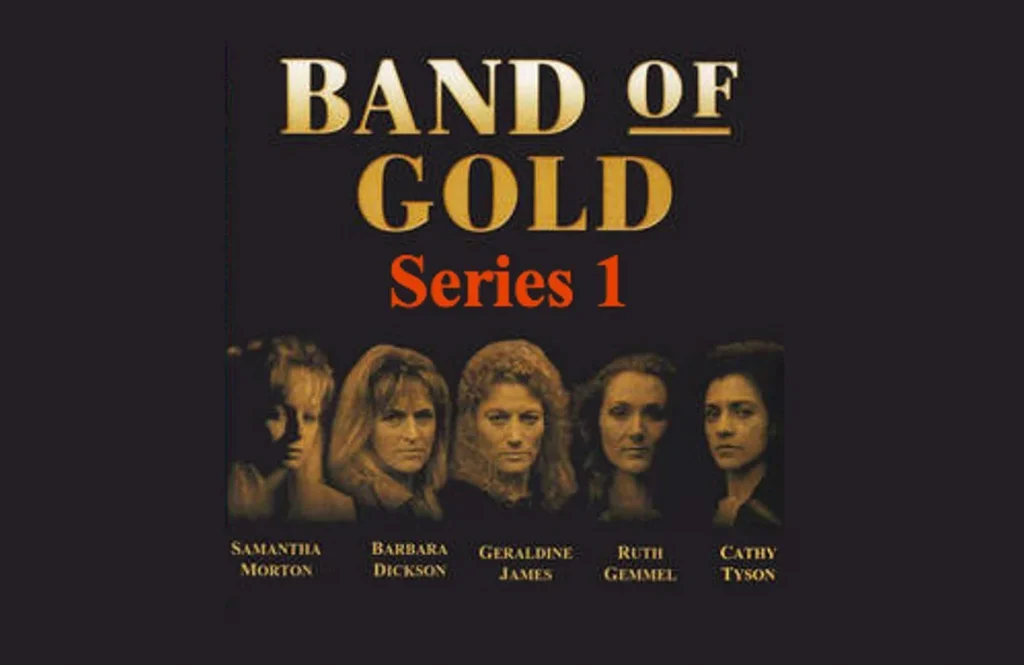

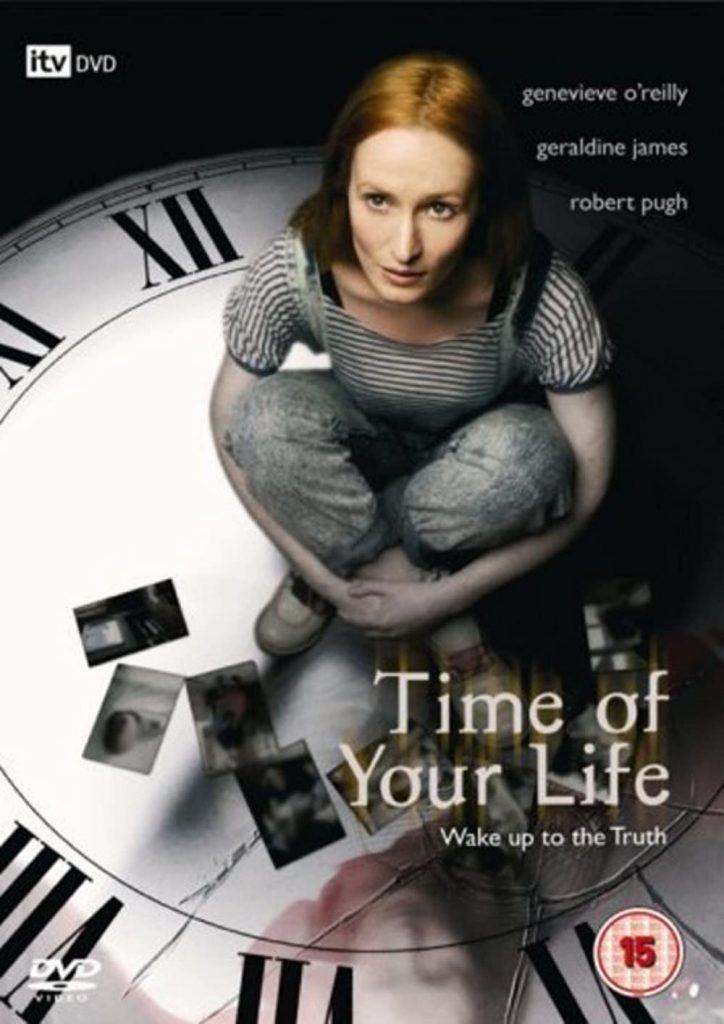



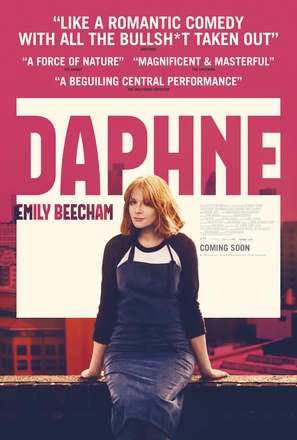



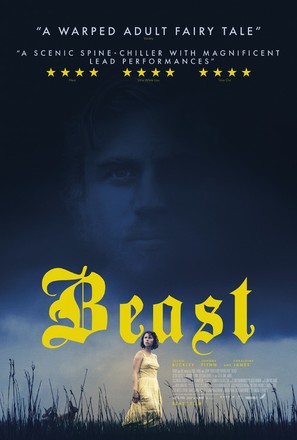
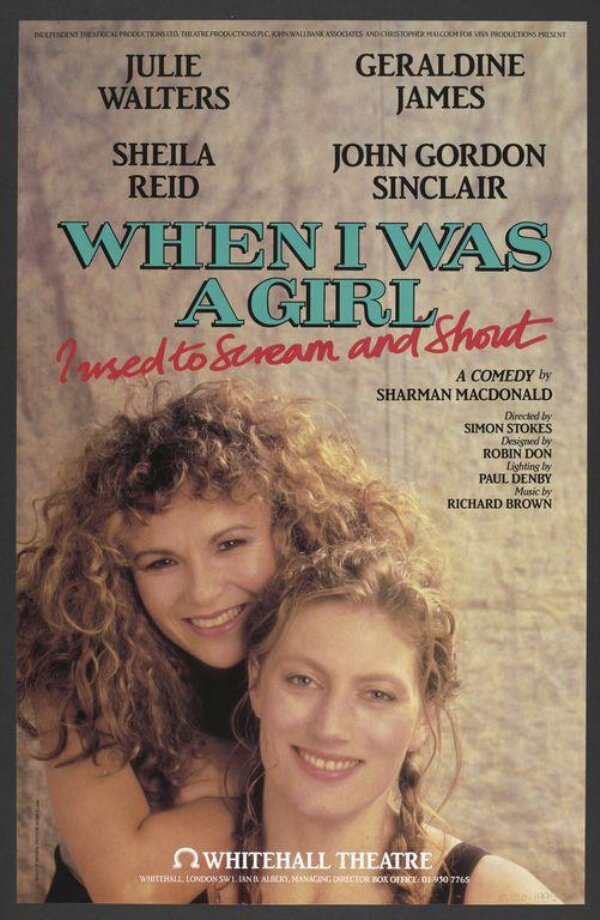



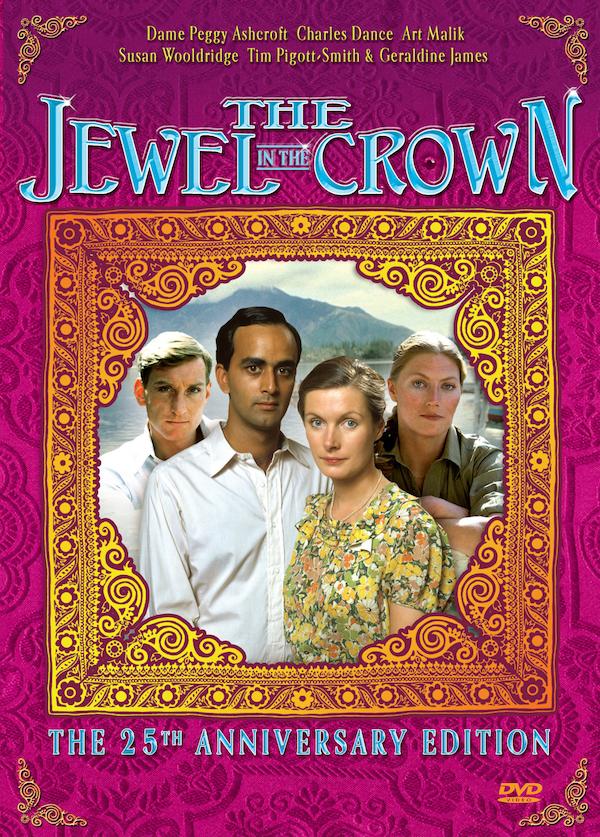
TCM Overview:
This softly attractive brunette is best known to British and American TV viewers as Sarah Layton in the miniseries “The Jewel in the Crown” (1984) to filmgoers as Mirabehn, the fanatical western follower of “Gandhi” (1982) and to theatergoers as Portia opposite Dustin Hoffman in the London and Broadway (1989-90) production of “The Merchant of Venice.” Geraldine James has kept a low profile to American audiences, but has had an active career in her native England, on stage and in film and television. She first won notice on the London stage as Dr. Von Zandt in the 1979 production of “The Passion of Dracula.” She played Jessica in a heralded Coventry production of “The Merchant of Venice” a decade before playing Portia opposite Hoffman.
James’ career was enhanced by playing opposite Dame Peggy Ashcroft in “She’s Been Away” (1989), for which they were both cited as Best Actress at the Venice Film Festival. More international notice has come with TV roles including the moderately successful comedy “Blott on the Landscape” (1986), in which she was a woman trying to save her family’s estate, as the beloved teacher in the 1989 miniseries “Echoes” and as Nora’s friend Kristina in “A Doll’s House” (1992). James was also seen in the 1995 HBO miniseries “Band of Gold,” a thriller in which prostitutes were being hunted by a serial killer. She also gained notice for her turn as a courtesan in Pen Densham’s “Moll Flanders” (1996), starring Robin Wright.


